Recently, Bangladesh Competition Commission filed a case against Unilever Bangladesh for allegedly selling products at excessive prices. As the global brand is creating instability in the soap, shampoo, toothpaste, and detergent powder market.
However, Barrister Mustafizur Rahman Khan, counsel for the multinational company, disagreed with the statement. Instead, he reportedly claimed that the company compromised on its profit margins despite the increasing price hikes. By the same token, he blamed the soaring costs of raw materials in the global market, freight charges, and dollar rates.
As per the report, the commission recorded the hearing of a total of nine individuals and organizations. Such as the Bangladesh Edible Oil Limited, City Group, and Rashid Agro Food Products Limited, over the issue of destabilization of the rice market.
Read more: Real-Estate In Bangladesh: Received Tk30,000 Crore And More Foreign Investment Awaits
In this event, the counsel of Unilever requested an eight-week period from the commission to prepare data on the amount of production, import, and supply of various products to the market. Especially, from July-September 2022. Further, he stated Unilever manufactures and markets more than 100 products. For this, it takes time to prepare data on various issues, including raw materials for each product. Responding to its time-related petition, the commission fixed 16 October for the next hearing. Further, asked the company to come up with the necessary business data on that day.
Read more: Deposits Through Agent Banking Outlets Increased to Tk 28,016 crore
Prior to this, an official of the commission reportedly read out the charges brought against Unilever. Chairman Md Mofizul Islam and three members of the commission were present at the hearing. Among the charges, Unilever has abnormally increased the prices of soap and detergent powder on various pretexts, such as the Russia-Ukraine war. Moreover, the multinational brand influenced the commodity market through anti-competitive activities. Additionally, increased the prices of soap, perfumed soap, toothpaste, shampoo, and handwash. Besides, controlled their supply to the market for the three months through September.
Read more: Nagad Offers Instant Cashback On Mastercard Bill Payments
During the period, the company reportedly hiked the prices of mini soap by Tk5, Wheel Laundry Soap by Tk5, and large-sized Lux soap by Tk20-25. Furthermore, Vim bar by Tk5, wheel powder by Tk50-55, and Surf Excel by Tk70-75. This primarily proves that by setting abnormal prices and limiting or controlling the supply and market of the products, the company has created volatility in the market by acting anti-competitively. Not to mention, contrary to competition law. As a result, the commission filed a case against the company under Section 15 of the Competition Act 2012.
Read more: Latest Valorant Map Teaser Indicates Bangladesh
At the hearing, the lawyer for Bangladesh Edible Oil Limited reportedly said the company has no rice mill of its own. It procures rice from different mills and markets it under two brands – Rupchanda and Viola. The price of the Rupchanda brand rice is slightly higher while the price of Viola is comparatively lower. Further, he addressed Rupchanda brand rice for elite people and Viola for common people. He also requested time to provide the necessary information sought by the commission.
Similarly, various companies, including Citi Group and Rashid Agro Food Products, also said they want more time to provide information.
In this instance, The Bangladesh Competition Commission has filed 44 cases against 36 firms and individual businesses. Which include corporate giants like Unilever, Pran, Square, ACI, Akij, Bashundhara, and S Alam Group, for destabilizing the commodity market by hiking prices unusually.
For more updates, be with Markedium.


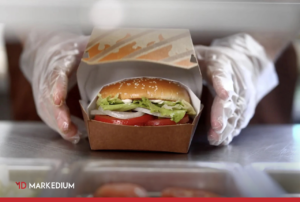
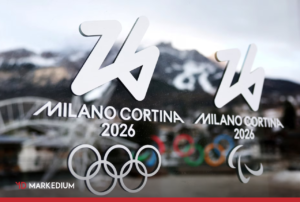


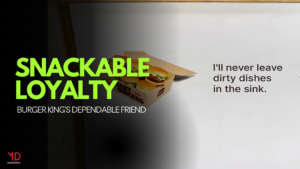





















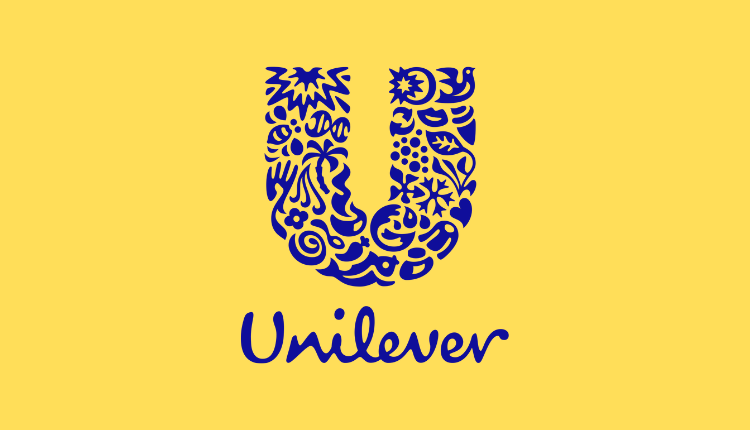








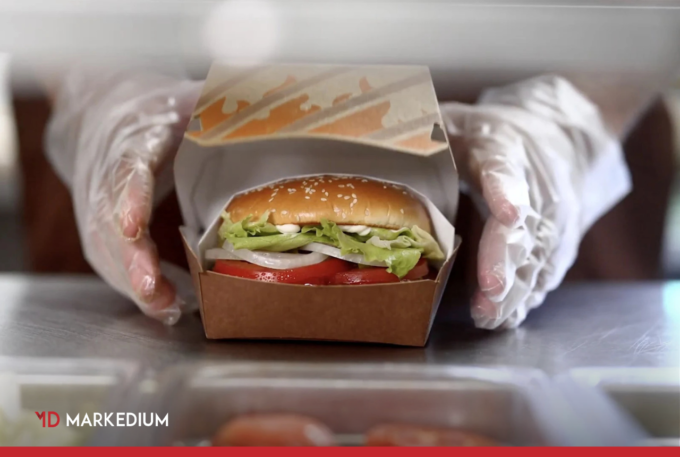
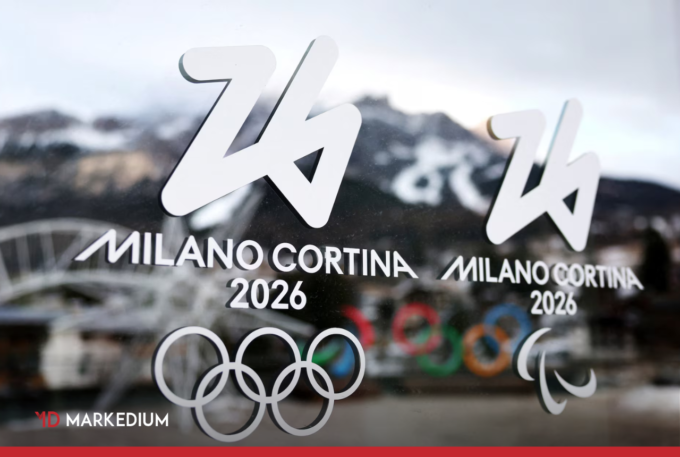
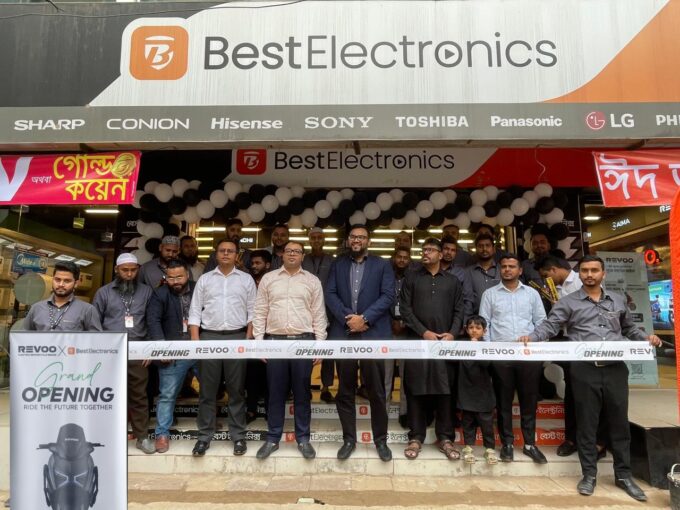





Leave a comment